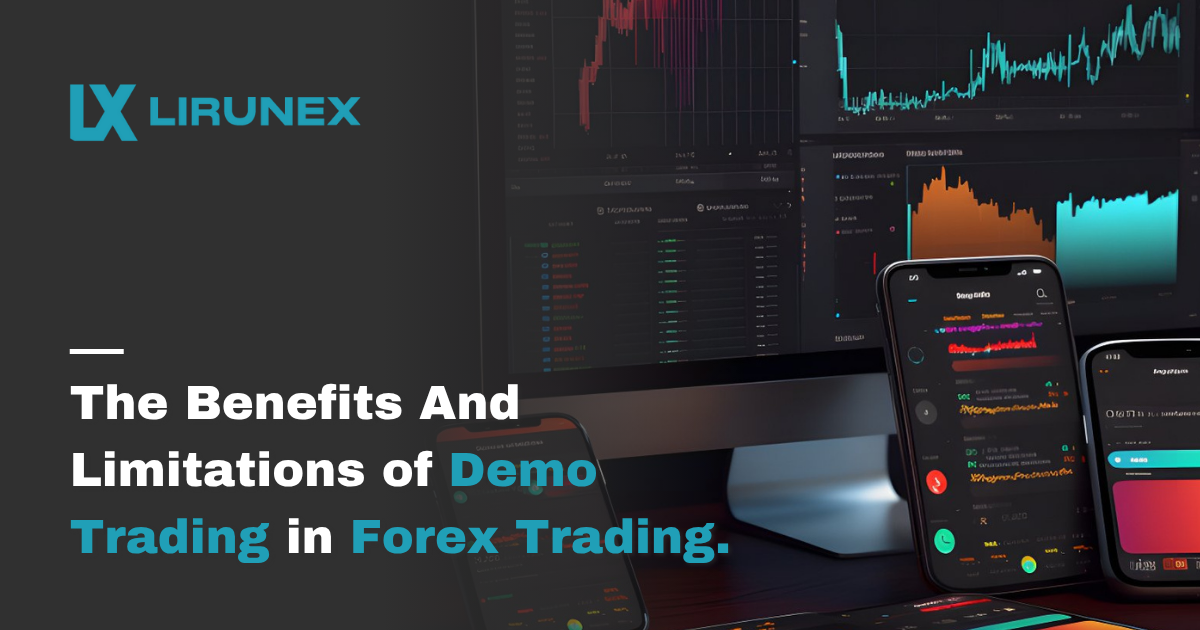
What Kind of Traders Can Do Day Trading in Forex Trading?
Day trading in forex is a high-intensity trading style where positions are opened and closed within the same trading day. It’s designed to capitalize on short-term price movements, requiring traders to be quick, strategic, and disciplined. While day trading is a lucrative opportunity for many, it’s not suitable for everyone. Certain characteristics, skills, and resources are crucial for success. Let’s dive into what makes a trader suitable for day trading and explore the qualities, tools, and strategies required for this dynamic approach.
1. What is Day Trading in Forex?
Day trading involves buying and selling currency pairs within a single trading day. The goal is to profit from small price movements, often by leveraging technical analysis and market trends. Unlike swing or position trading, day traders do not hold positions overnight, reducing exposure to overnight risks.
Day traders operate in highly liquid and volatile markets, making forex an ideal environment. They often trade during peak market hours, such as the overlap between the London and New York sessions, to maximize opportunities.
2. Types of Traders Suited for Day Trading in Forex
2.1 Full-Time Traders
Full-time traders dedicate their entire day to monitoring markets and executing trades. They:
- Have the time to analyze charts and respond to market movements.
- Seek consistent daily income from trading.
- Rely on their ability to adapt quickly to market conditions.
2.2 Technically Skilled Traders
Day trading requires a solid understanding of technical analysis. These traders:
- Use indicators like moving averages, RSI, MACD, and Fibonacci retracements.
- Identify trends, patterns, and support/resistance levels.
- Make data-driven decisions based on chart analysis.
2.3 Quick Decision-Makers
Successful day traders are swift and confident in their decisions. They:
- React immediately to price changes and news events.
- Execute trades within seconds when opportunities arise.
- Handle pressure without hesitation.
2.4 Risk-Tolerant Traders
Forex day trading is inherently risky due to its fast-paced nature. Risk-tolerant traders:
- Understand the potential for losses and manage them effectively.
- Use tools like stop-loss orders and position sizing.
- Accept small, frequent losses as part of the process.
2.5 Emotionally Resilient Traders
Day trading can be emotionally taxing. Emotionally resilient traders:
- Stay calm under pressure.
- Avoid impulsive decisions driven by fear or greed.
- Focus on long-term consistency rather than immediate gains.
3. Essential Skills for Day Trading
3.1 Technical Analysis Proficiency
Day traders rely heavily on technical analysis to predict short-term price movements. Proficiency in:
- Reading candlestick patterns.
- Understanding chart indicators.
- Identifying market trends.
3.2 Risk Management Skills
Effective risk management is critical to survive and thrive in day trading. Traders must:
- Limit losses using stop-loss orders.
- Set realistic profit targets.
- Never risk more than a small percentage of their capital on a single trade.
3.3 Market Awareness
Day traders must stay informed about:
- Economic events and news releases.
- Currency-specific developments.
- Geopolitical factors impacting forex markets.
3.4 Patience and Discipline
While day trading is fast-paced, traders must be patient when waiting for the right setups. Discipline ensures:
- Avoiding overtrading.
- Following the trading plan consistently.
- Not deviating from risk-reward strategies.
4. Tools and Platforms for Day Trading
4.1 Forex Trading Platforms
A reliable forex trading platform is indispensable for day traders. Platforms like MetaTrader 4 (MT4), MetaTrader 5 (MT5), and cTrader offer:
- Real-time charts and indicators.
- One-click trade execution.
- Customizable interfaces for fast analysis.
4.2 Economic Calendars
Day traders monitor economic calendars to anticipate market-moving events. Key data includes:
- Non-Farm Payrolls (NFP).
- GDP reports.
- Central bank interest rate decisions.
4.3 Trading Tools and Indicators
Essential tools include:
- Moving averages for trend analysis.
- Bollinger Bands for volatility measurement.
- Stochastic Oscillators for overbought/oversold conditions.
4.4 Fast Internet and Reliable Hardware
Speed and reliability are critical for executing trades without delays. Ensure:
- High-speed internet.
- A computer or mobile device capable of running trading software seamlessly.
5. Strategies for Day Trading
5.1 Scalping
Scalping involves making multiple trades within a day to capture small price movements. Traders focus on:
- High liquidity pairs like EUR/USD or USD/JPY.
- Short-term charts, such as 1-minute or 5-minute intervals.
5.2 Breakout Trading
Breakout traders identify key support and resistance levels, entering trades when price breaks out of these zones. This strategy:
- Requires careful monitoring of volume and momentum.
- Works best during volatile periods, such as market open.
5.3 News-Based Trading
Day traders often capitalize on economic news releases. This involves:
- Monitoring events via economic calendars.
- Preparing for increased volatility around major announcements.
- Using tight stop-losses to manage risk.
6. Pros and Cons of Day Trading
6.1 Pros
- Daily Profit Potential: Traders can generate daily income by leveraging market volatility.
- No Overnight Risks: Closing positions at the end of the day eliminates exposure to overnight events.
- Active Engagement: Suited for individuals who enjoy constant activity and decision-making.
6.2 Cons
- Time-Consuming: Requires full attention during trading hours.
- Emotional Stress: Frequent decision-making and potential losses can be mentally taxing.
- High Risk: Fast-paced trading increases the likelihood of mistakes and losses.
7. Who Should Avoid Day Trading?
Day trading may not suit:
- Part-Time Traders:
- Those with limited time to monitor markets may struggle to stay competitive.
- Under-Capitalized Traders:
- Day trading often requires sufficient capital to manage losses and meet margin requirements.
- Emotionally Reactive Individuals:
- Traders who panic under pressure or chase losses are likely to face difficulties.
- Fundamental Long-Term Investors:
- Traders focused on long-term trends may find the short-term focus of day trading incompatible with their goals.
8. Day Trading In Forex Trading Is Not For Everyone
Day trading in forex trading is not for everyone, but for those with the right skills, mindset, and resources, it offers exciting opportunities. The fast-paced nature of day trading requires discipline, technical expertise, and emotional resilience. Additionally, the right tools—from reliable forex trading platforms to economic calendars—are essential for success.
Whether you are a full-time trader or a technically skilled enthusiast, day trading can be a rewarding path if approached strategically. However, understanding its risks and being prepared to adapt to its challenges are crucial steps to becoming a successful day trader in the forex market.








